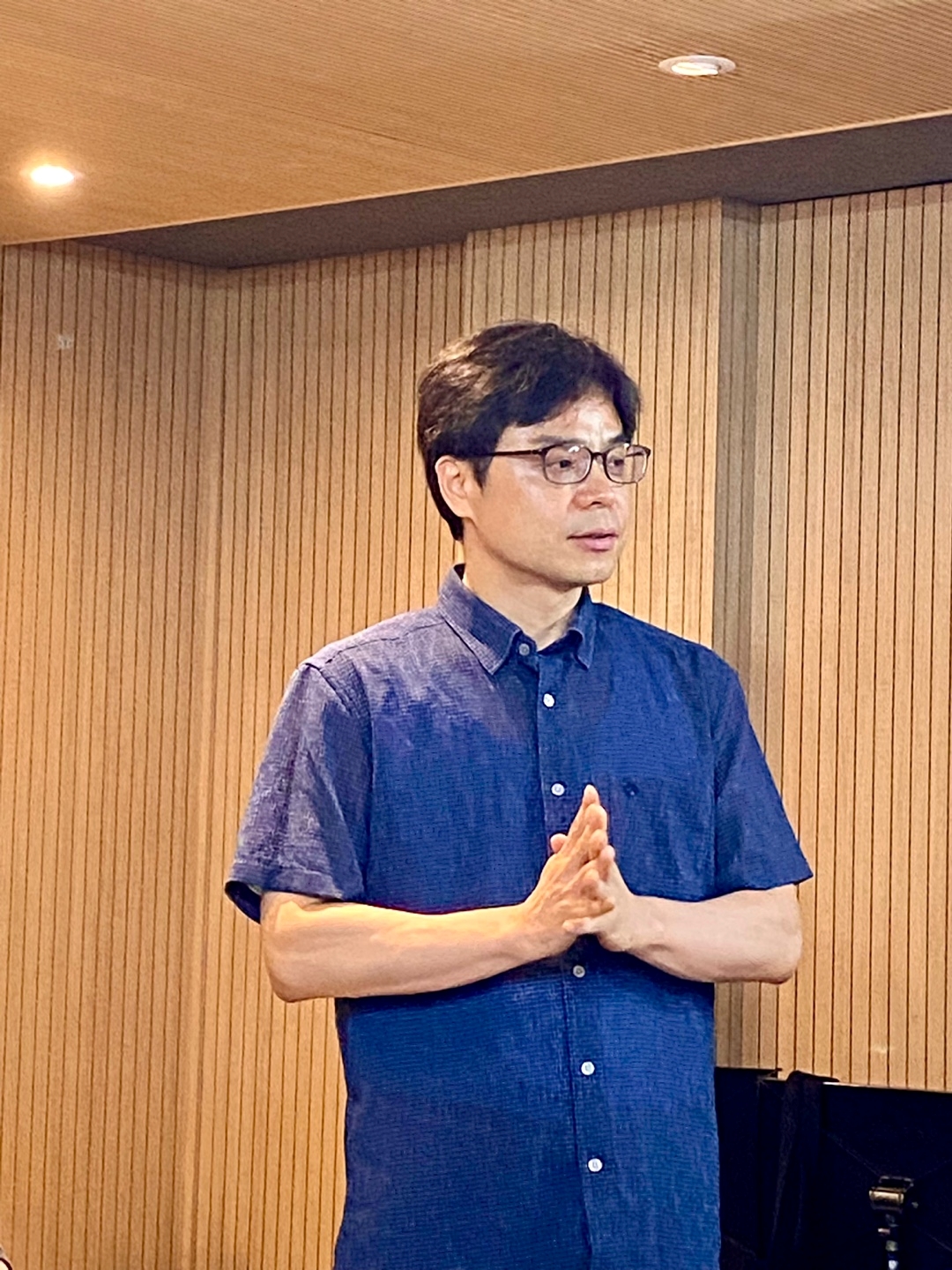Investy Global
중국에서 음악 등 카피라이트 사업을 하시려면 The No.1 Rule For Music Startups: Not to Tell People You Are Funded 본문
중국에서 음악 등 카피라이트 사업을 하시려면 The No.1 Rule For Music Startups: Not to Tell People You Are Funded
eliotshin 2012. 8. 9. 12:49중국인 에디터(중국 테크노드 운영자)가 쓴 매우 공감이 가는 글이 있어 공유합니다.
중국은 글로벌스탠다드를 따라가지 않습니다. 중국만의 방식, 중국만의 비즈니스 관행이 있습니다.
참조하시면 좋을거 같습니다...
핵심은, 처음엔 카피라이트를 사지 않고 비즈니스를 시작하고
일정 회원이 확보되고 펀딩 등을 통해 기업 자금이 조달되면
소문을 들은 음원사들이 협상을 걸어오게 됩니다. 소송이 먼저가 아니라 협상입니다...^^
The No.1 Rule For Music Startups: Not to Tell People You Are Funded
Starting a startup then getting funded is always a good news to share with the public (You may not want to reveal the exact amount of the funding, though). But for music startups, at least in China, the fundraising status seems a highly classified information.
No.1 rule: don’t tell people you are funded, which is what I’ve been told by several music startups.
The reason sounds simple. Usually startups when they starts don’t have money to pay for the license fee, so most startups have to play with the pirated music content. The music publishers know that they will get little or even nothing if they sue the startups for copyright infringement. But if they know you have extra money in pocket, they will not let you walk away easily. “The licensing fee is now an important revenue source in digital music industry.” a startup founder, who has years of experience in music industry and recently founded a mobile music service, said so.
People love digital music and look forward to using new music service, but the copyright licensing is killing the startups who want to innovate. In China, I heard that Xiami, a very popular online music site is burning out of money. And another ‘good’ example of this is 9sky which might be the first online music site. 9sky was founded in 1999 and started as a free pirated music download site. The company actually was doing quite well when playing non-licenced content (good revenue from ringtone download etc). Ever since it raised some venture capitals they started paying a significantly huge amount of licencing fee to the publishers, things are changed. A large portion of capital raised went to the publishers. Copyrighted music is good, but it also brings a huge burden to the company.
And maybe this is not just about China. GigaOM recently reported that the music service Wahwah.fm is killed by license costs.
Online digital music service is expecting that users can pay to cover some costs for the licensing, but in China this is no working. Catherine Leung, the ex-general manager of Baidu Music Entertainment dept. is right: For the music entrepreneurs, China is still in a “Wild Wild East” state.
The digital music industry has a bright future, we know that, but how far is it?
- by LU GANG
'Insight & Wisdom' 카테고리의 다른 글
| 이스라엘 창업 클러스터, 실리콘와디 (0) | 2013.07.30 |
|---|---|
| china joy 패널토의 자료 공유 - 미래 엔터테인먼트 앱 트렌드 (0) | 2012.07.29 |
| GMIC (Global Mobile Internet Conference) 2012 참관기 (0) | 2012.05.24 |





